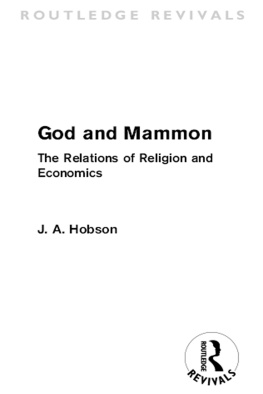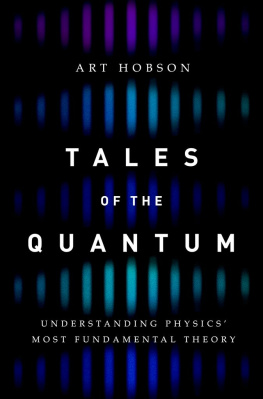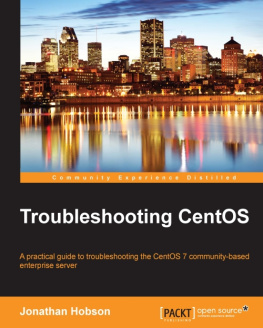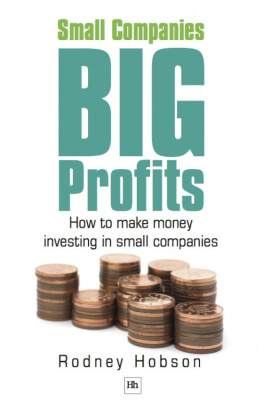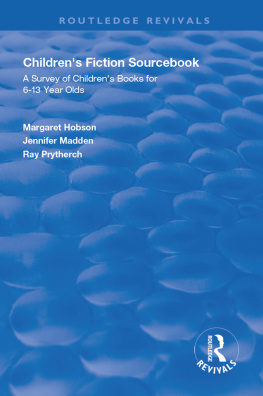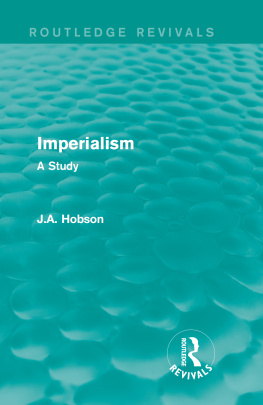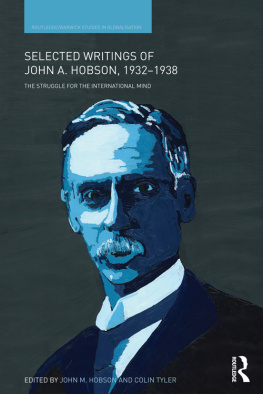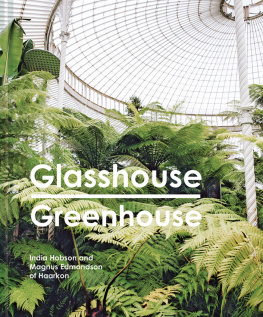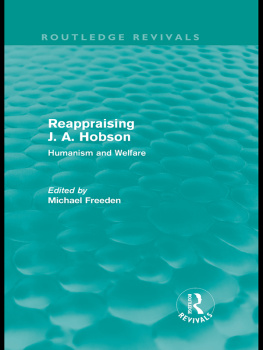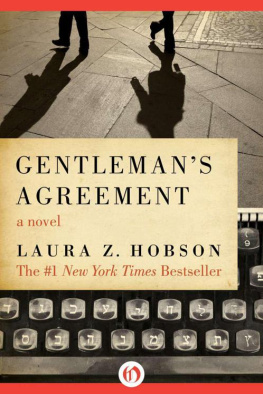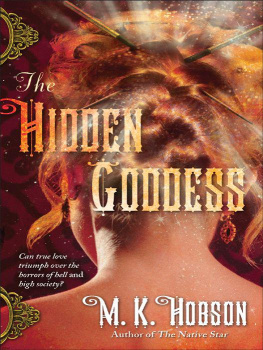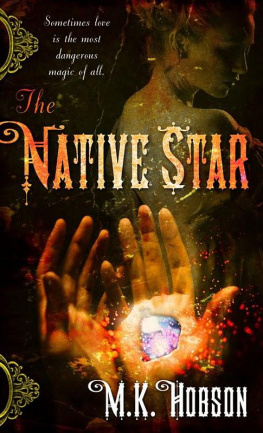Hobson - Multicultural Origins of the Global Economy
Here you can read online Hobson - Multicultural Origins of the Global Economy full text of the book (entire story) in english for free. Download pdf and epub, get meaning, cover and reviews about this ebook. year: 2020, publisher: Cambridge University Press, genre: Politics. Description of the work, (preface) as well as reviews are available. Best literature library LitArk.com created for fans of good reading and offers a wide selection of genres:
Romance novel
Science fiction
Adventure
Detective
Science
History
Home and family
Prose
Art
Politics
Computer
Non-fiction
Religion
Business
Children
Humor
Choose a favorite category and find really read worthwhile books. Enjoy immersion in the world of imagination, feel the emotions of the characters or learn something new for yourself, make an fascinating discovery.

Multicultural Origins of the Global Economy: summary, description and annotation
We offer to read an annotation, description, summary or preface (depends on what the author of the book "Multicultural Origins of the Global Economy" wrote himself). If you haven't found the necessary information about the book — write in the comments, we will try to find it.
Multicultural Origins of the Global Economy — read online for free the complete book (whole text) full work
Below is the text of the book, divided by pages. System saving the place of the last page read, allows you to conveniently read the book "Multicultural Origins of the Global Economy" online for free, without having to search again every time where you left off. Put a bookmark, and you can go to the page where you finished reading at any time.
Font size:
Interval:
Bookmark:
Multicultural Origins of the Global Economy
Westerners on both the left and right overwhelmingly conflate globalisation with Westernisation and presume that the global economy is a pure Western-creation. Taking on the traditional Eurocentric Big Bang theory, or the expansion of the West narrative, this book reveals the multicultural origins of globalisation and the global economy, not so as to marginalise the West but to show how it has long been embedded in complex interconnections and co-constitutive interactions with non-Western actors/agents and processes. The central empirical theme is the role of Indian structural power that was derived from Indian cotton textile exports. Indian structural power organised the first (historical-capitalist) global economy between 1500 and c.1850 and performed a vital, albeit indirect, role in the making of Western empire, industrialisation and the second (modern-capitalist) global economy. These textiles underpinned the complex inter-relations between Africa, West/Central/East/Southeast Asia, the Americas and Europe that collectively drove global economic development forward.
John M. Hobson is Professor of Politics & International Relations at the University of Sheffield and is a Fellow of the British Academy. He has previously written eight books, including The Eastern Origins of Western Civilisation (Cambridge University Press, 2004), and The Eurocentric Conception of World Politics (Cambridge University Press, 2012).
Multicultural Origins of the Global Economy
Beyond the Western-centric Frontier
John M. Hobson
University of Sheffield


University Printing House, Cambridge CB2 8BS, United Kingdom
One Liberty Plaza, 20th Floor, New York, NY 10006, USA
477 Williamstown Road, Port Melbourne, VIC 3207, Australia
314 321, 3rd Floor, Plot 3, Splendor Forum, Jasola District Centre, New Delhi 110025, India
79 Anson Road, #06-04/06, Singapore 079906
Cambridge University Press is part of the University of Cambridge.
It furthers the University's mission by disseminating knowledge in the pursuit of education, learning, and research at the highest international levels of excellence.
www.cambridge.org
Information on this title: www.cambridge.org/9781108840828
DOI: 10.1017/9781108892704
John M. Hobson 2021
This publication is in copyright. Subject to statutory exception and to the provisions of relevant collective licensing agreements, no reproduction of any part may take place without the written permission of Cambridge University Press.
First published 2021
Printed in the United Kingdom by TJ International Ltd. Padstow Cornwall
A catalogue record for this publication is available from the British Library.
ISBN 978-1-108-84082-8 Hardback
ISBN 978-1-108-74403-4 Paperback
Cambridge University Press has no responsibility for the persistence or accuracy of URLs for external or third-party internet websites referred to in this publication and does not guarantee that any content on such websites is, or will remain, accurate or appropriate.
In memoriam:
Tim and Nora Hobson, my life mentors
Yves Laframboise, my alter-life mentor
Lily (L. H. M.) Ling and John Atkinson Hobson, critics of racism, my academic mentors
This book has been thirty-seven years in the making and is the culmination of much that I have learned in that time. It took me on an odyssey that returned me to the second year of my undergraduate studies in Political Economy, when I was first introduced to the original Marxist debate on the transition from feudalism to capitalism. And from there I moved forward in time through my Political Sociology MSc on to my historical sociological PhD years of study and thence into the world of International Relations (IR) and International Political Economy, all the while developing ideas, themes and issues that would come to fruition in this book. There are obviously far too many names that I owe a debt to in the early years, but I remain deeply grateful to Monika Beutel, Alan Hooper, Tom Nossiter, Linda Weiss and Michael Mann.
Moving forward to the last decade I would like to express my sincerest thanks to members of my current Sheffield department who have in so many ways provided help, support and advice to me over the many years that I have spent researching and writing this book. I am privileged to work in a department whose profile in political economy is world leading. From the pioneers of New Political Economy and the original directors of the two world-leading political economy research centres (PERC and subsequently SPERI), Tony Payne and Andrew Gamble, through to its present and equally impressive leadership under Colin Hay and Genevieve LeBaron, as well as numerous and highly impressive members of SPERI including Andrew Baker, Matt Bishop, Graham Harrison, Andy Hindmoor, Scott Lavery, Allister McGregor, Owen Parker, Nicola Phillips, Liam Stanley and Burak Tansel, I have learned a great deal, some of which is contained in this book. I am also most grateful to a number of my IR colleagues for the many conversations, advice and kind support they have provided me, including Ross Bellaby, Ruth Blakeley, Ben Docherty, Adrian Gallagher, Jonna Nyman, Simon Rushton, Lisa Stampnitzky, Joanna Tidy, Joe Turner, Peter Verov ek and, above all, Jonathan Joseph, Burak Tansel and Helen Turton.
Regarding the last five years of intensive research and writing, I want to thank a number of people who provided excellent advice on particular parts of the manuscript: Audrey Alejandro, Genevieve LeBaron, Michelle LeBaron, Burak Tansel, Bryony Vince and Peer Vries. Following on from the tragic passing of Lily (L. H. M.) Ling, Bryony has joined me as co-editor in the Rowman & Littlefield International Book series, Global Dialogues: Non-Eurocentric Visions of the Global . Bryony is following in Lily's giant footsteps so no pressure then! I also feel that this book is in keeping with the core theme of the series that Lily and I set up along with the excellent help provided by Anna Reeve and, more recently, by Dhara Snowden at R&LI. Warm thanks also go to David Blaney and Kaveh Yazdani who read significant chunks of the manuscript and provided timely and invaluable feedback.
Special thanks go to my brilliant PhD student, Zhang Shizhi, with whom I have had the wonderful pleasure of engaging in our shared, quirky interest in China's economic history. I've deeply enjoyed our utterly fascinating and absorbing conversations on the seemingly endless historical ins and outs of China's foreign trade and cotton textile industry in the pre-1911 era. Moreover, his unflinching support and extraordinarily generous help in translating many Chinese books and archival documents that I have relied upon is equally deeply appreciated. Warm thanks also go to Benjamin de Carvalho and Halvard Leira given that parts of the research for this book have been made possible through support from the Privateers and the Sea (EMPRISE) Project at the Norwegian Institute of International Affairs (NUPI), funded by the Research Council of Norway through Grant Number 262657.
Font size:
Interval:
Bookmark:
Similar books «Multicultural Origins of the Global Economy»
Look at similar books to Multicultural Origins of the Global Economy. We have selected literature similar in name and meaning in the hope of providing readers with more options to find new, interesting, not yet read works.
Discussion, reviews of the book Multicultural Origins of the Global Economy and just readers' own opinions. Leave your comments, write what you think about the work, its meaning or the main characters. Specify what exactly you liked and what you didn't like, and why you think so.

